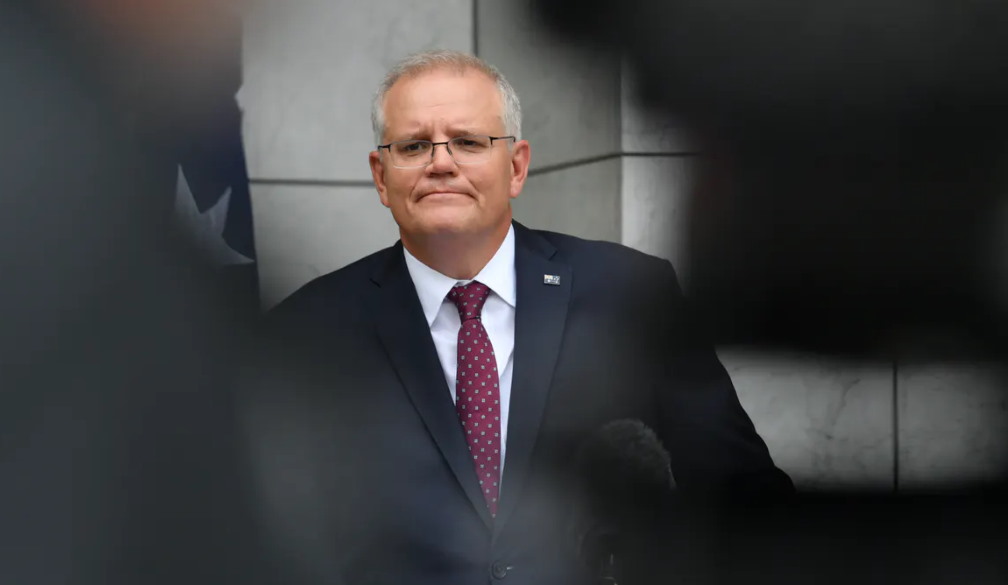Statement on the Australian Embassy in Afghanistan
- Written by Scott Morrison

In light of the imminent international military withdrawal from Afghanistan, Australia will as an interim measure revert to the model of visiting accreditation for our diplomatic representation to Afghanistan, which we used from the opening of diplomatic relations in 1969 until 2006. Our residential representation in Afghanistan and the Australian Embassy in Kabul will be closed at this time.
We will close our Embassy building on 28 May 2021. DFAT officials will visit Afghanistan regularly from a residential Post elsewhere in the region.
It is Australia’s expectation that this measure will be temporary and that we will resume a permanent presence in Kabul once circumstances permit.
This form of diplomatic representation is common practice around the world. It does not alter our commitment to Afghanistan or its people.
The departure of the international forces and hence Australian forces from Afghanistan over the next few months brings with it an increasingly uncertain security environment where the Government has been advised that security arrangements could not be provided to support our ongoing diplomatic presence.
On the Foreign Minister’s recent visit to Kabul, we reaffirmed Australia’s support for the Afghanistan Government during this time of change for the country. Australia remains committed to the bilateral relationship with Afghanistan, and we will continue to support the stability and development of Afghanistan in concert with other nations.
Australia is proud to have worked over the past 20 years to assist Afghanistan in protecting itself from exploitation as a base for terrorist groups, to address inequality, and to contribute to improvements in the rights and livelihoods of women and girls. Since 2001, Australia has provided $1.51 billion in development and humanitarian assistance to Afghanistan. Australia remains committed to supporting an Afghan-led peaceful resolution to the conflict in Afghanistan, and to helping preserve the gains of the past 20 years.
During the time Australia has been working in Afghanistan, we have seen significant improvements in school enrolments, access to basic health care and women’s representations in politics, which has risen from zero in 2001 to 27 per cent in 2020. Maternal mortality has fallen, as has child malnutrition.
We know there is more to do, and our development and humanitarian commitments will be delivered in the coming years, including a bilateral development assistance commitment of $200 million over 2021-2024. We will continue our 52-year bilateral diplomatic relationship with Afghanistan, building on our close friendship with the Afghan people which stretches back to the historic arrival of Afghans in South Australia in the 1830s.
We remain committed to supporting a just, durable and resilient peace arrangement that is led and owned by Afghanistan, and will bring stability and prosperity to the Afghan people.

















